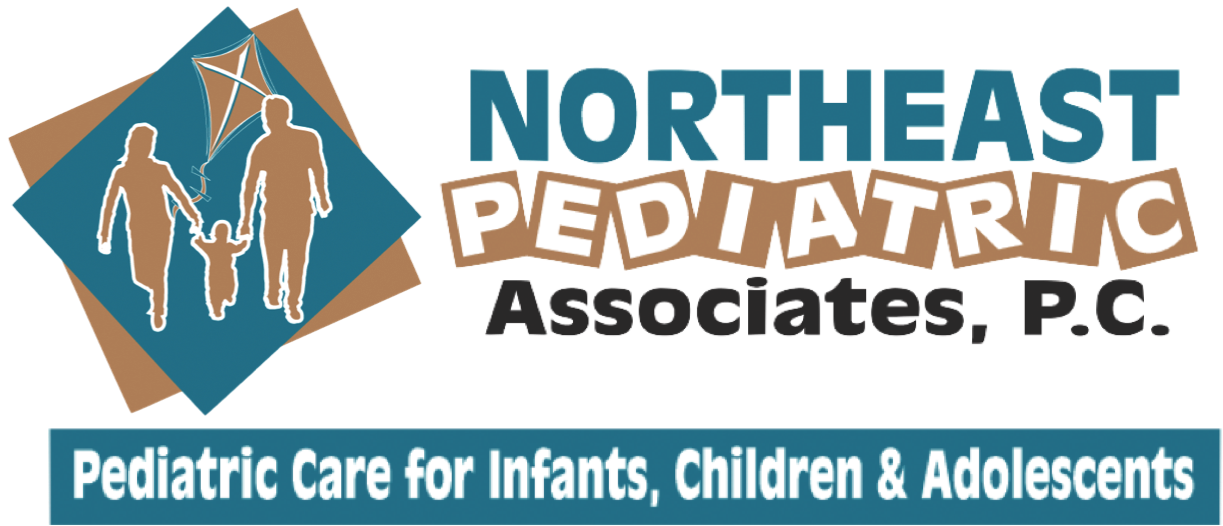- Introduction
- Office Visits
- Phone Calls
- Feeding
- Solid Foods
- Vitamins
- Infant Nutrition
- Baby Care
- Bathing & Body Care
- Ear Infections
- Stools & Hygiene
- How Does Your Baby Look?
- Immunization
- Wheezing
- Spitting Up
- Fever
- Crying & “Gas Pains”
- Cough
- Sleep
- Constipation
- Bowel Movements
- Diarrhea
- Diaper Rash
- Teething
- Colds
- Vomiting
- Crib Safety
- Changing Table
- Jumpers or Walkers
- Signs of Illness
- Poisons
- Car Seats
- Choking
- Dosing
- Reading References
Colds
A runny nose, nasal congestion, or mild cough – unless they are accompanied by vomiting or high fever – can usually be handled at home. Most newborns have an increased amount of nasal mucus during the first one to two months of life that can result in sneezing and noisy breathing. The nasal bulb you were given at the hospital should be used to remove this mucus. A vaporizer (cool-mist type) in your baby’s room at night also may help. If the nose is too stuffed to allow sleep or sucking, you may use a drop or two of saline (salt water) nose drops before feedings and sleep. We usually do not recommend oral decongestants in young infants because of possible side effects.
